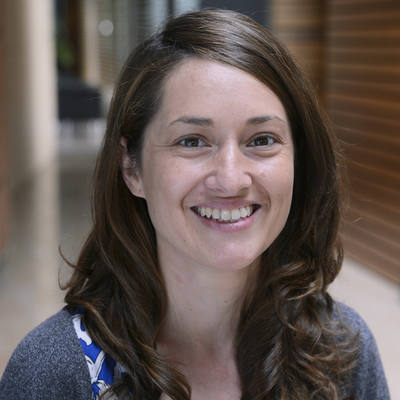
Alumni
This person is a member of Sanger Institute Alumni.
The set of chemical modifications occurring on the DNA and associated proteins at different genomic locations constitute the epigenome, which modulates the organization and function of the genome.
The BLUEPRINT epigenome consortium aims to generate reference epigenomic maps of different blood cell types to advance and exploit knowledge of the underlying biological processes and mechanisms in health and disease. I am developing one of the projects pertaining to the BLUEPRINT and the key objectives are to assess the impact of gender and genotype on gene expression and epigenome variation and to identify parental-origin specific effects. By using high-throughput sequencing technologies, I have generated gender- and strain-specific genome-wide epigenomic (ChIP-seq, WGBS and oxWGBS) and transcriptomic (RNA-seq) profiles for lymphocyte populations of the adaptive immune system (B and T cells). The comparative analysis between cell types reveals different principles of epigenetic control operating in B and T lymphocytes. I am now examining the influence of these epigenetic features on gene expression at a single-cell level.
I am fascinated by the diverse molecular mechanisms that have evolved to regulate the information encoded in the genome, which play an essential role in embryonic development and the maintenance of specialized cellular phenotypes. Cancer cells display significant alterations in their epigenome acquiring more plasticity and loosing part of the original identity. Moreover mutations in epigenetic modifiers have also emerged as recurrent events in cancer. However, the extent to which those mutations cooperate with other cancer related mutations and influence cancer development/progression requires further investigation. My future line of research will examine the interplay between epigenetic mechanisms and their contribution to cancer development. To address these questions, I am developing epigenome-editing techniques to manipulate the epigenome in a locus-specific manner. These tools will enable me to determine the key epigenetic modifiers that govern gene expression changes important in human health and disease. Ultimately, these studies will be valuable to identify new targets for therapeutic approaches.